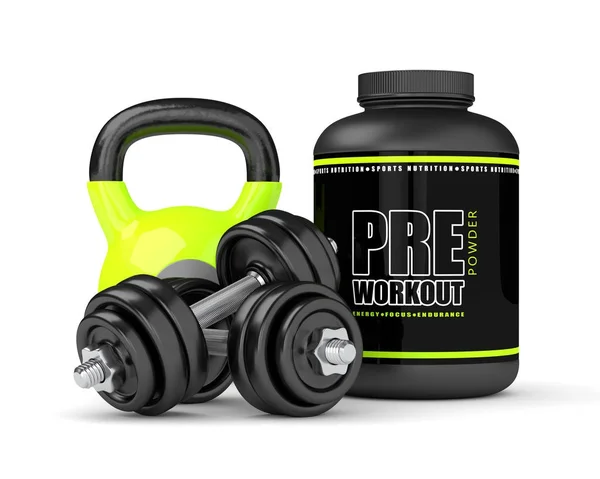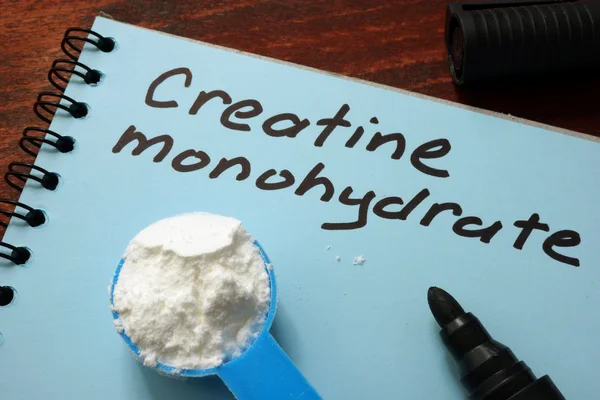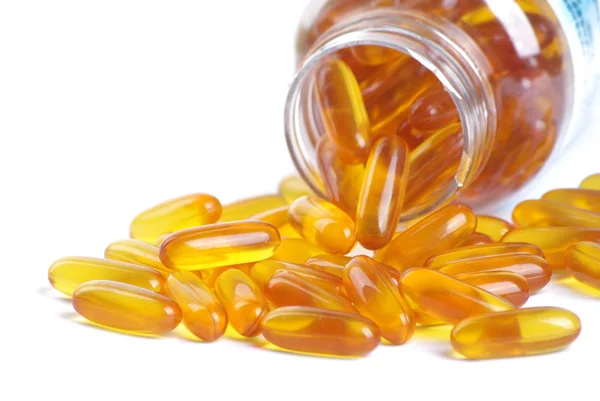What Supplements Should I Take?
You started working out and now you want to know how you can enhance your workouts. First and foremost, you should have a solid nutrition program. If you want to get bigger and stronger a good supplement plan is your next step. Before we get in to this article, we need to explain there is no miracle supplement. You can’t add ten pounds of muscle overnight. Building muscle takes time and consistency. We will go through some of the basic supplements for training and when to take them.
How To Choose a Pre-Workout Supplement

A lot of people will take a pre-workout supplement to give them that extra energy in the gym. With thousands of pre workout supplements out there, how do you choose one? When picking a pre-workout supplement you want to look for ingredients that are crucial to enhance your performance in the gym. Below is a list of ingredients to look for and what to avoid.
Below is a list of ingredients to look for in a pre-workout drink
- Beta-Alanine – this is a non-essential amino acid that is produced naturally in the body
- Caffeine for endurance performance (150MG – 300MG)
- Creatine to increase muscle mass and strength
- L-Citrulline to increase oxygen content in the muscles to improve performance
- BCAA’s to prevent muscle breakdown during your workouts
Here are some ingredients to avoid
- Caffeine – if it goes above 300mg
- Proprietary Blends – this can trick consumers to hide the fact that their product contains only trace amounts of the ingredients listed. This can consist of additives and fillers you don’t want.
- Artificial Coloring & Sweeteners – Including Glucose syrup, maltodextrin and refined sugars
- Yohimbe – Is used for erectile dysfunction. If taken in excess, some symptoms can include anxiety and hypertension
Creatine

Is it worth taking creatine if you’re working out? Creatine is one of the top supplements for improving performance in the gym. Creatine is an amino acid and is found in your muscle cells as well as the brain.
If you are wanting to build muscle you need 3g-5g daily. Studies have shown that weightlifters taking creatine increased muscle fiber growth 2-3 times more than training alone in a 12-week period. Their body mass also doubled the size compared to people not taking creatine.
You can get creatine naturally from red meat, chicken and sea food. It would be really difficult to eat enough to reach your daily needs of 3-5g. In order to reach 1g of creatine you would need to eat about 1 pound of steak. This is why creatine is one of the best supplements you can take.
When should I take creatine? There have been numerous studies on when you should take creatine. Before or after your workout? The before crowd says it gives more power to the muscles. This might give you the energy to do a few more reps or add a little weight to the bar. The after crowd will say it helps fill up your torn muscle fibers with plenty of nutrients to help you recover.
Throw a scoop of creatine in with your protein powder and start repairing your muscles. I’ve tried both ways. For me I like taking it after a workout. I feel like the pump from the gym lasts longer. Try both ways and see what feels right for you. Either way, add creatine in to your routine.
Multi-Vitamins

Vitamins play an important role in muscle recovery. When it comes to workout supplements you probably think of protein, creatine and branched chain ammino acids (BCAA’s). You don’t hear a lot about multivitamins when it comes to body builders.
When working out, it becomes vital to get all your vitamins and minerals in for recovery. You can get a good amount of vitamins and minerals from a healthy diet but that can be easier said than done. Exercise increases nutrient needs. A quality multivitamin is a convenient way to provide your body with vitamins you don’t get through your diet.
What To Look For In a Multi-Vitamin
- Magnesium
- Calcium
- B12
- Vitamin A, C, E & K
- Vitamin D
- Iron
- Potassium
- Zinc
What To Avoid When Buying Multi-Vitamins
- Titanium dioxide
- Hydrogenated Oil
- Magnesium Silicate
- Artificial Flavors
- Lead, Mercury and PCB’s (Polychlorinated Biphenyls)
- Silicon Dioxide
- Starch
- Also make sure to avoid “inactive ingredients” such as food colors, sugar and artificial sweeteners
When Is The Best Time To Take a Multi-Vitamin
The best time to take a multivitamin is when you’ll remember. If you want to take it in the morning, have it with breakfast. If you want to take it at night, have it with dinner. It’s generally best to take a multivitamin with a meal. Make it a part of your routine so you don’t forget.
Fish Oil

Along with multivitamins you should take Omega-3’s fatty acids that come from fish oils. There have been numerous studies showing the benefits from fish oil. Fish oils may support heart health by improved cholesterol levels and reduce blood pressure. It also has the ability to reduce inflammation and help keep your skin, hair and nails healthy.
